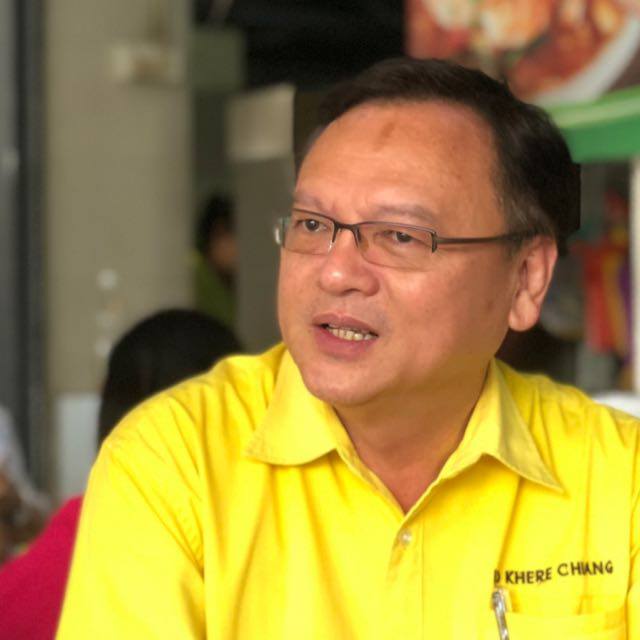ConocoPhillips’ exit from Sarawak oil project not a setback, door remains open for future collaboration

By DayakDaily Team
KUCHING, May 1: Batu Kitang assemblyman Dato Lo Khere Chiang has said that United States oil major ConocoPhillips’ decision to withdraw from the RM13.7 billion Salam-Patawali deepwater oil and gas project with PETRONAS (also known as WL4-00) is not a setback for Sarawak, but rather an opportunity for the State to assert greater control over its oil and gas resources through Petroleum Sarawak Berhad (Petros).

Lo said the company’s withdrawal has raised concerns about investor confidence but emphasised that it is still in the early feasibility stage, which is why ConocoPhillips is able to exit the venture at this point.
“However, the door to future investment in Sarawak is not closed. It could very well remain open for ConocoPhillips to re-engage—this time with Sarawak represented by Petros and on terms that are fairer for Sarawak,” he said in a statement today.
He emphasised that future collaborations should reflect a fairer balance of interests, suggesting a 50:50 joint venture between Sarawak and ConocoPhillips as a more equitable model that would give Sarawak stronger representation and control.
“In such an arrangement, Sarawak might still allocate 5 per cent to the federal government—as a symbolic gesture, in recognition of the same 5 per cent they have ‘so generously’ given us under the Petroleum Development Act (PDA) 1974 over the past fifty years.
“Considering that the oil and gas originate not from Malaya’s soil and seas but from Sarawak’s own territory, we would be generous indeed to offer even that,” he added, referring to Sarawak’s longstanding grievance with the limited share it has received from its own resources under the PDA74—a law he noted was never passed by Sarawak’s own legislature—and reiterated the need for reform.
Lo pointed to international examples like Guyana’s partnership with ExxonMobil to illustrate how smaller regions can negotiate favourable terms without deterring investor interest.
He noted that in Guyana’s 50:50 venture, the country made no upfront investment but still secured a significant share of the revenue through profit oil and royalties—a model he believes Sarawak is equally entitled to pursue.
Legal challenges to the PDA74 are still ongoing, but Lo stressed that Sarawak already has its own Oil Mining Ordinance (OMO) 1958, which predates the federal law and gives the state legal footing to regulate its own oil and gas industry.
Lo argued that if Petroliam Nasional Berhad (PETRONAS) can establish joint ventures and manage oil fields, then Petros is equally capable of doing so, provided it builds the necessary capacity and forms strategic partnerships.
He pointed out that in many joint ventures, even when PETRONAS holds a 50 per cent stake, international companies like Shell or ConocoPhillips handle the operational responsibilities.
“Why should PETRONAS continue negotiating deals for Sarawak?” Lo asked, suggesting that if foreign partners are responsible for the technical work, Petros, as Sarawak’s representative, should engage directly without PETRONAS’ involvement in a non-operational role.
He added that the oil and gas sector remains a lucrative and competitive global market. If ConocoPhillips decides to exit, other investors will step in, particularly if Sarawak maintains an open, fair, and transparent investment environment.
On April 30, ConocoPhillips clarified that its decision to not proceed with development of the RM13.7 billion project, located off the southern coast of Sarawak, was “based solely on prioritisation within the company’s global portfolio” and not due to external factors.
The development was part of a 50-50 joint venture with PETRONAS.
The Salam-Patawali block spans approximately 300,000 net acres in the Salam and Benum fields. Although a 3D seismic survey was completed in 2023, evaluation and development activities have since halted. — DayakDaily
Advertisement
No comments:
Post a Comment